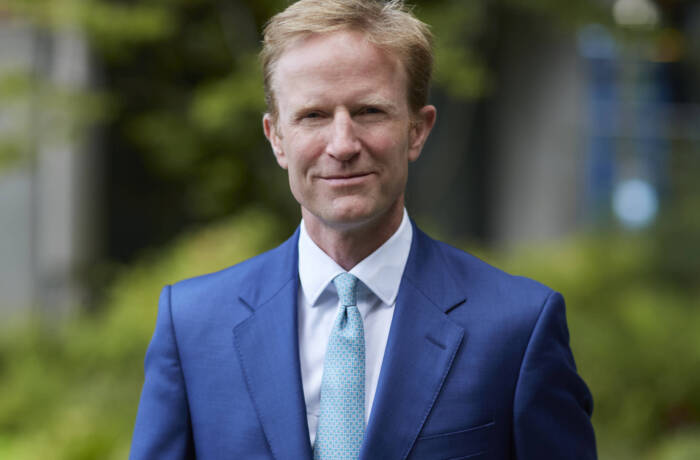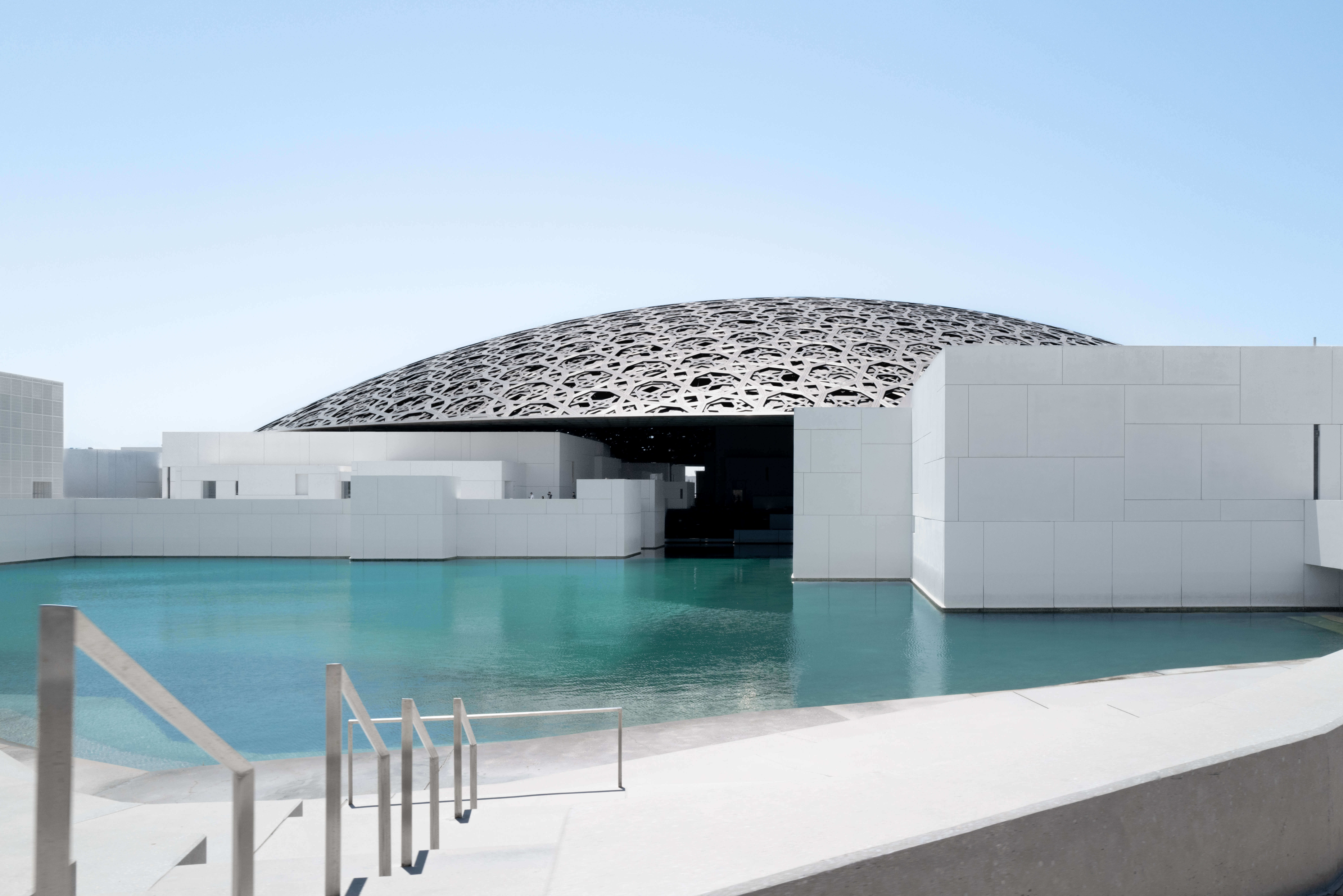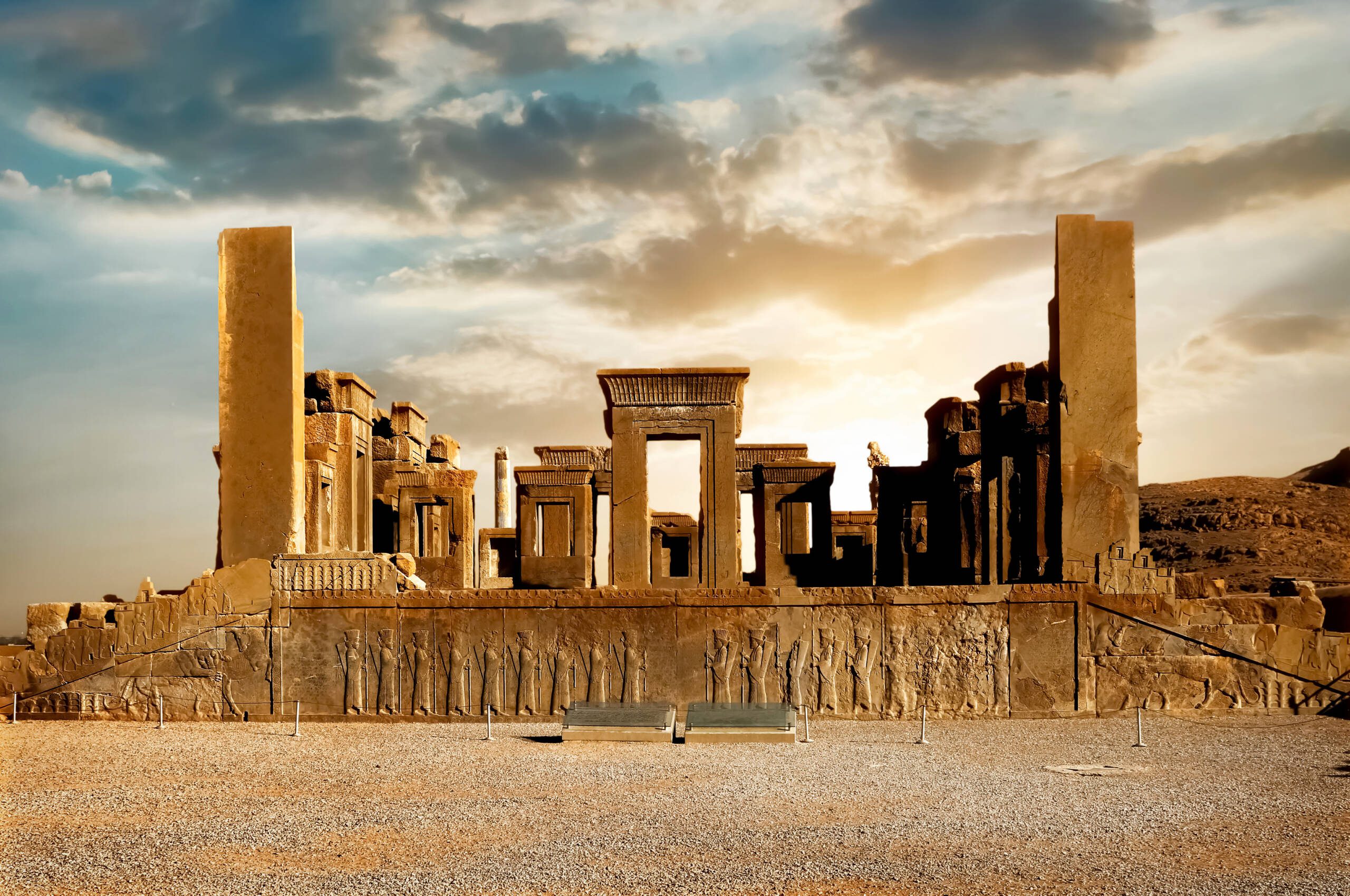
Sunrise in Persepolis, capital of the ancient Achaemenid kingdom. From this particular Persian empire, Greece would have been the Near West, China the Near East, and current-day Cambodia the Middle East
History and its related language are written by the victors; but as history changes sometimes redundant terminology remains in use. One such term is the phrase Middle East, which is outdated, colonialist, increasingly pejorative, and should be consigned to the same dustbin as “Near East” and “Darkest Africa”, writes Darius Sanai
Are you a Far Easterner? Or maybe a Near Easterner? Do you know anyone who still describes themselves in this way? I don’t. Conversely, I know people from East Asia and people from South Asia.
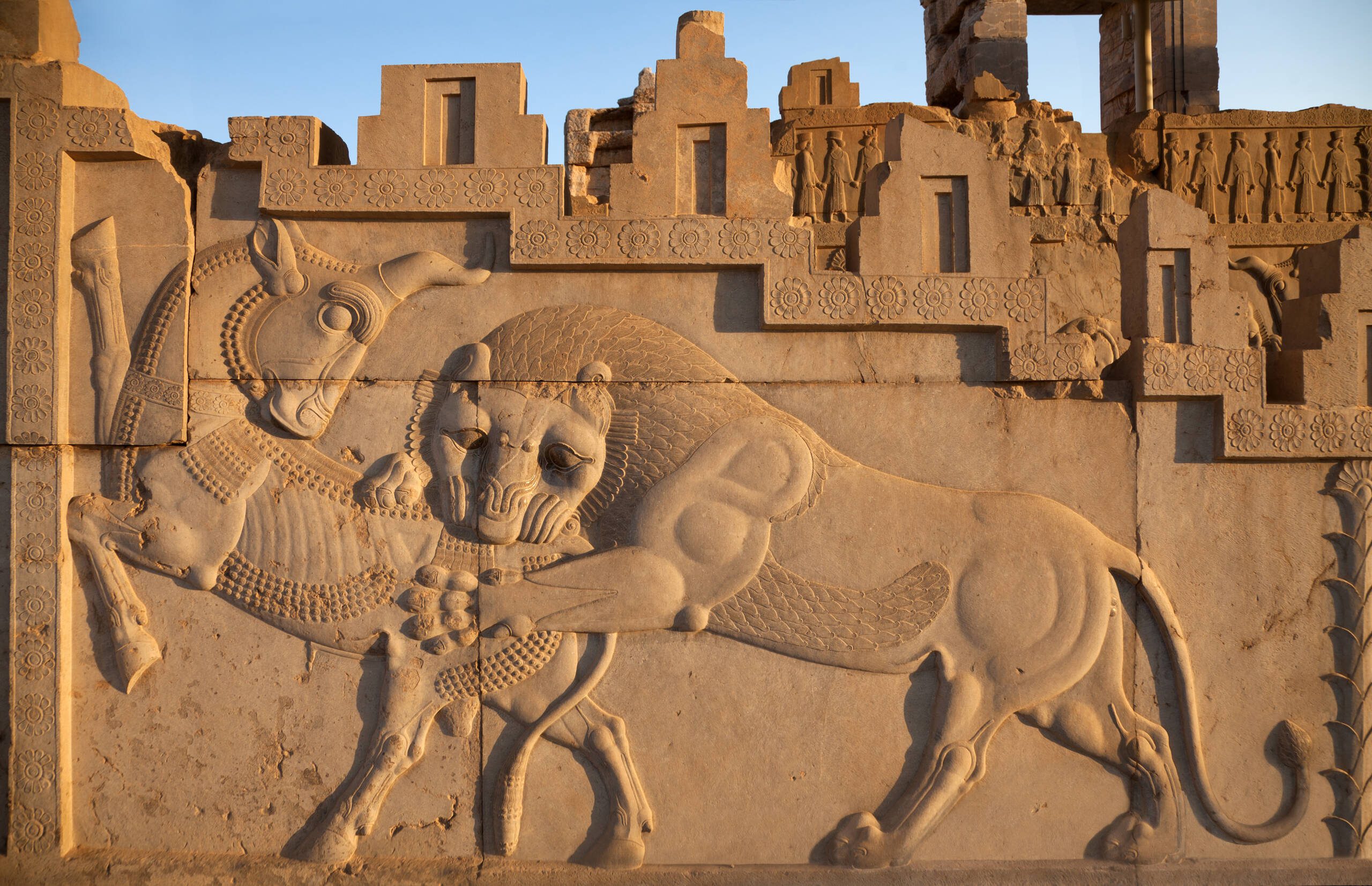
Bas relief at Persepolis. Nobody referred to its residents as Middle Easterners: each empire believes itself to be at the centre of civilisation, an often hubristic view which becomes more exposed as empires recede
And yet, I am, apparently, a Middle Easterner. The phrase is house style to describe the region in all the world’s leading media, whatever its political viewpoint, from the BBC and the Economist to the New York Times, CNN and Fox News. The term is used to describe the swathe of countries from Iran (where I am from) in the north to Yemen in the south. The Middle East sometimes also refers to places further west, like Lebanon, Israel, Palestine and even Egypt, which is in Africa.
Middle East is a redundant term, as steeped in colonialist “orientalist” perception as the term Far East. “East” refers to a comparative longitude from: London and Paris, one-time colonial hubs; and it’s the Middle because it’s between the Near and the Far East from their perspective.
Follow LUX on Instagram: luxthemagazine
Yet nobody would describe China or Japan as the Far East now, or Palestine as the Near East, and rightly so. (Although the French, always slower to bend to what they see as political correctness, still use the term “Proche-Orient”, referring to its “Proche”-ness to the Quai d’Orsay, where geopolitical machinations ferment.)
The “Far” East was far to the east from the centres of global power of a couple of a couple of hundred years ago, although not far at all from the centre of the Hang dynasty. Shanghai, technically part of the Far East, is near west when viewed from Japan or Korea.
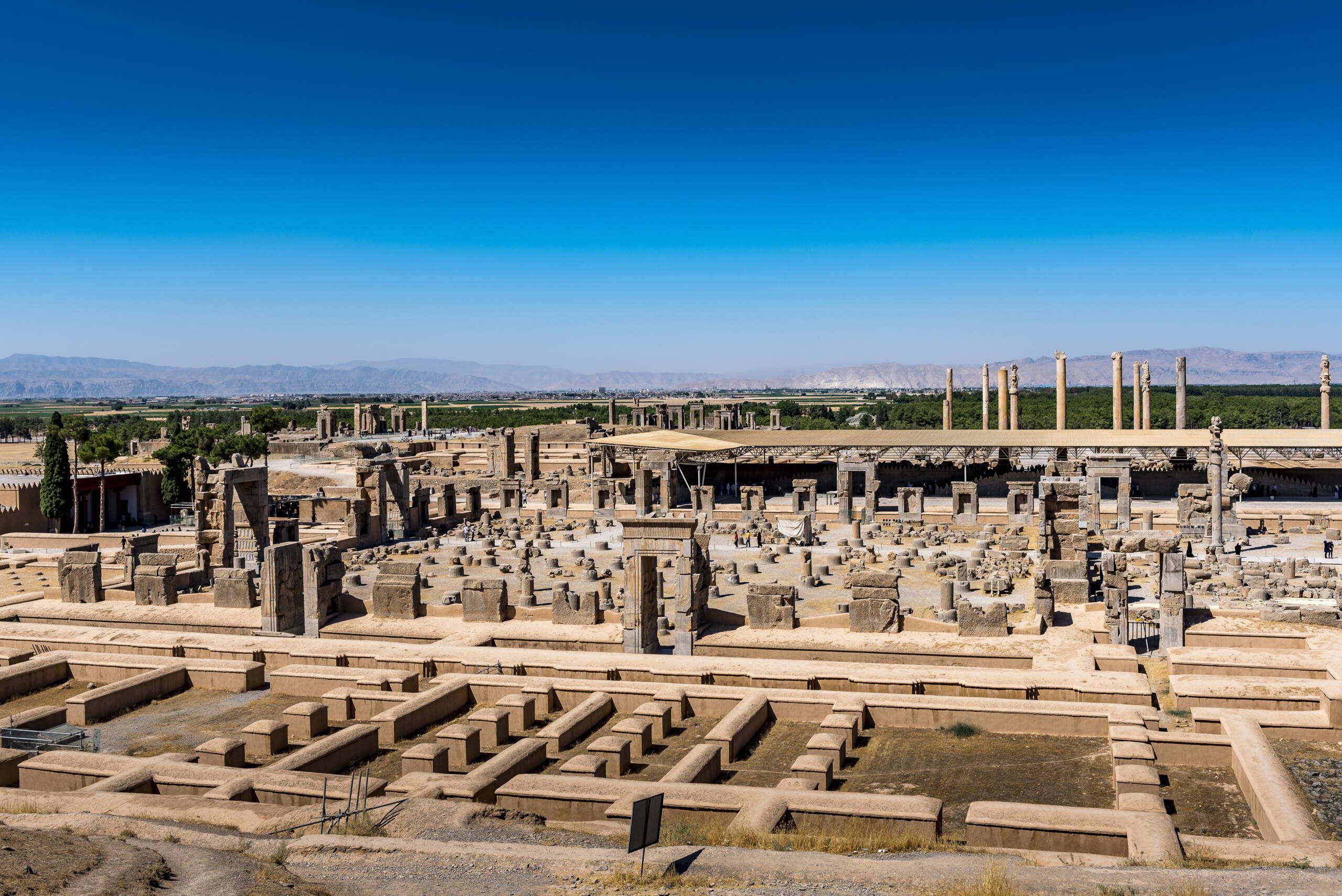
Persepolis, in modern-day Iran. Each empire creates a world view and terminology on its own terms. The Persians ruled the ancient world from Persepolis until their defeat by the Greeks. Our own reference to the Middle East is a construct of western European empires which finally disappeared after World War II
Equally the “Near” East (comprising Beirut, Istanbul/Constantinople and so on) is quite far west when observed from Khmer empire in northern Cambodia and north, not east, of the Ethiopian empire, and the term was phased out of polite usage at the end of the 20th century.
“Middle East” has also become a perjorative: we all know what kind of image the words “Middle Eastern man” conjure up.
So why are we still using the term? Just like a Senegalese is from West Africa, a Finn is from North Europe, and a Sri Lankan is from South Asia, an Iranian, Jordanian or Syrian is from West Asia, as much as a Manchurian is from East Asia and a Bangladeshi is from South Asia. This vast continent stretches from the Bosphorous at Istanbul In the west to Japan in the east, from the Siberian Arctic in the north to Sri Lanka and the Maldives in the south and Indonesia in the south east.. We are all Asians, and nearness, middle-ness and distance are purely relative terms.
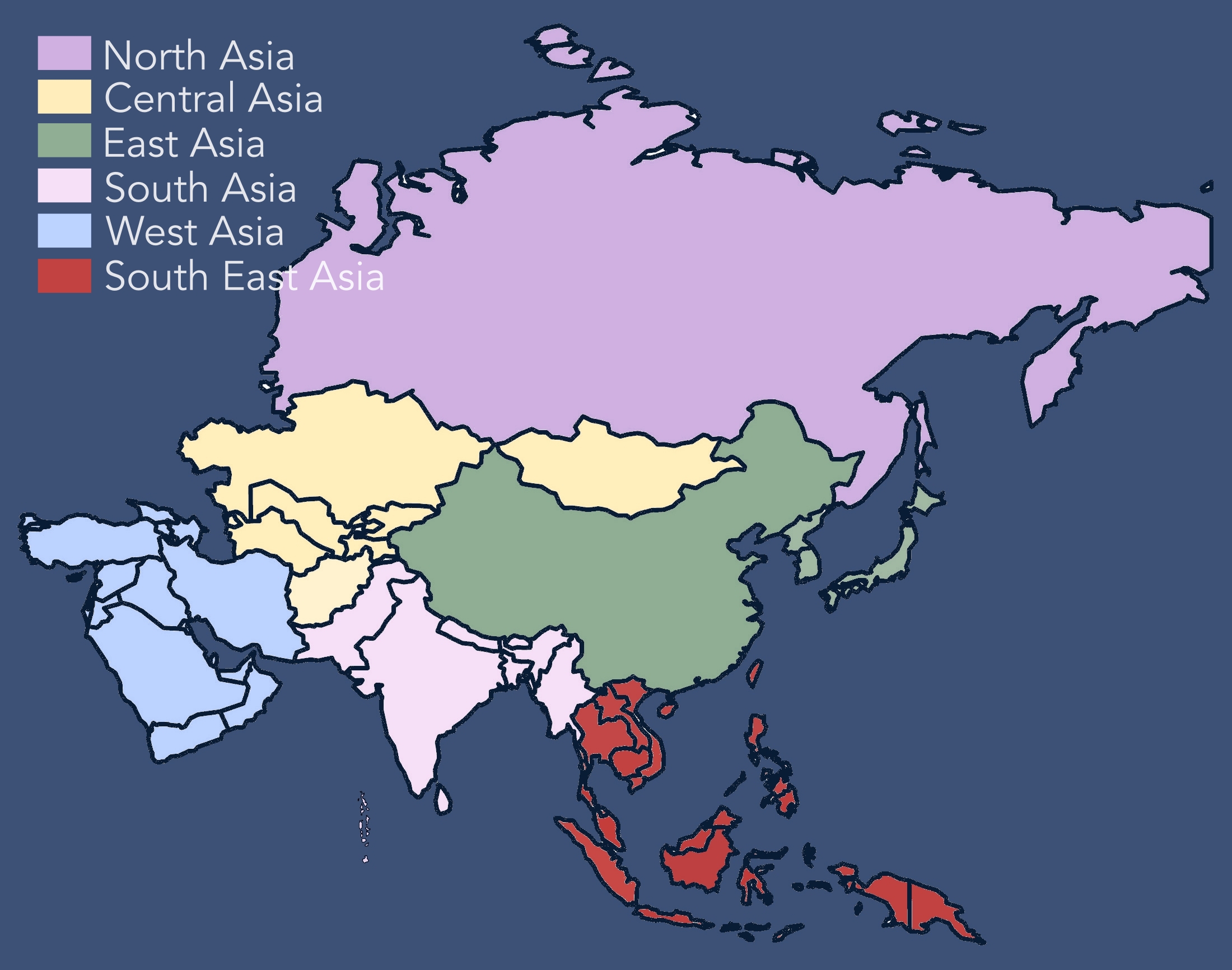
Asia can be and should be sub-divided into it’s geographical sub-regions without any need for the terms middle east, near east and far east
Read more: Hansjörg Wyss and the Wyss Foundation
Or perhaps as an Iranian living in London, I am actually living in the Middle West, also known as the UK and Western Europe, and occasionally travelling to the Far West (New York) and the Near East (China). Which would be almost as confusing as all of us Middle Eastern men foregoing our sunglasses, open-topped Lamborghinis and shisha pipes and being journalists or academics. It’s time to ditch the cliche, and the terminology that perpetuates it.
Darius Sanai is Editor-in-Chief and Proprietor of LUX: Responsible Culture, owner of the Oxford Review of Books and an Editor-in-Chief at Condé Nast


